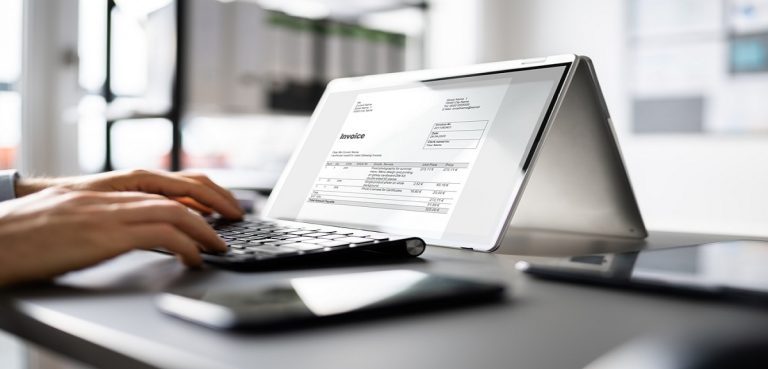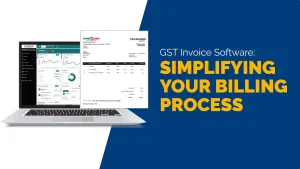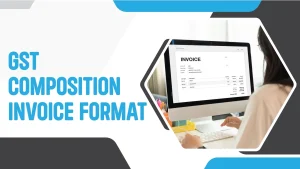In today’s digital age, businesses rely heavily on technology to streamline operations and improve efficiency. An invoice management system plays a crucial role in managing financial transactions and maintaining accurate records. However, with the increasing reliance on technology comes the heightened risk of cyber threats. Ensuring data security in your invoicing process is not just an option but a necessity.
Data breaches can lead to severe consequences, including financial losses, legal penalties, and damage to your company’s reputation. By implementing robust security measures in your invoice management system, you can safeguard sensitive information and maintain the trust of your clients and stakeholders.
Understanding the Importance of Data Security in Invoice Management
Your invoice management system handles critical business data, including:
- Client details such as names, addresses, and contact information.
- Transaction records, including invoice amounts and payment details.
- Integration with other systems like accounting software, inventory management software, and tools like MargBooks.
This sensitive data is a prime target for cybercriminals, making it essential to prioritise its security. A secure invoicing process protects not only your business but also your clients’ data, ensuring compliance with regulations and fostering trust.
Best Practices to Ensure Data Security in Your Invoice Management System
To enhance the security of your invoice management system, consider implementing the following practices:
1. Use Secure Software Solutions
Choose reputable invoicing software, accounting software, and tools like MargBooks that prioritise data security. Look for features like:
- Encryption of data both in transit and at rest.
- Regular software updates and patches.
- Multi-factor authentication (MFA) for user access.
- Role-based access controls to limit data visibility.
2. Regularly Update and Patch Systems
Outdated software is vulnerable to attacks. Ensure that your invoice management system, inventory management software, and tools like MargBooks are updated regularly to address security vulnerabilities. Enable automatic updates wherever possible to stay protected against emerging threats.
3. Implement Strong Access Controls
Control who can access your invoice management system by:
- Setting up unique user IDs and passwords for each employee.
- Using MFA to add an extra layer of security.
- Restricting access based on roles and responsibilities.
This ensures that sensitive data is only accessible to authorised personnel.
4. Encrypt Data
Data encryption ensures that information is unreadable to unauthorised users. Use advanced encryption protocols for:
- Communication between systems (e.g., SSL/TLS for web-based platforms).
- Storing sensitive data in your invoicing software and tools like MargBooks.
- Sharing invoices and financial records with clients or stakeholders.
5. Conduct Regular Security Audits
Periodic security audits help identify vulnerabilities in your invoice management system. Engage cybersecurity experts to:
- Test your system’s resilience against potential threats.
- Review access logs for unusual activity.
- Ensure compliance with data protection regulations like GDPR or India’s Data Protection Bill.
6. Train Employees on Cybersecurity
Human error is one of the leading causes of data breaches. Conduct regular training sessions to educate employees about:
- Identifying phishing emails and scams.
- Safeguarding login credentials.
- Properly using invoicing software, tools like MargBooks, and related tools.
7. Backup Your Data
Maintain regular backups of your data to recover quickly in case of a cyberattack or system failure. Store backups securely in:
- Encrypted cloud storage solutions.
- Offline storage devices with restricted access.
8. Monitor System Activity
Implement tools to monitor and log activities within your invoice management system. This helps in:
- Detecting unusual behaviour or unauthorised access attempts.
- Tracking changes to critical data.
- Maintaining an audit trail for compliance and accountability.
Benefits of Securing Your Invoice Management System
Ensuring robust data security in your invoice management system offers several benefits:
- Protection Against Data Breaches: Safeguard sensitive financial and client information from unauthorised access.
- Regulatory Compliance: Meet legal requirements and avoid hefty penalties for non-compliance.
- Enhanced Client Trust: Demonstrate your commitment to data security, fostering long-term relationships with clients.
- Operational Continuity: Minimise disruptions caused by cyberattacks or system failures.
Conclusion
In today’s interconnected world, securing your invoice management system is not optional; it’s a critical business requirement. By implementing the best practices outlined above, you can protect sensitive data, ensure compliance, and build a reputation as a trustworthy organisation.
Whether you’re a small business owner, a freelancer, or a large enterprise, investing in secure invoicing software, accounting software, inventory management software, and tools like MargBooks is a step towards sustainable growth and resilience. Take proactive measures today to secure your invoicing process and safeguard your business against the ever-evolving landscape of cyber threats.




